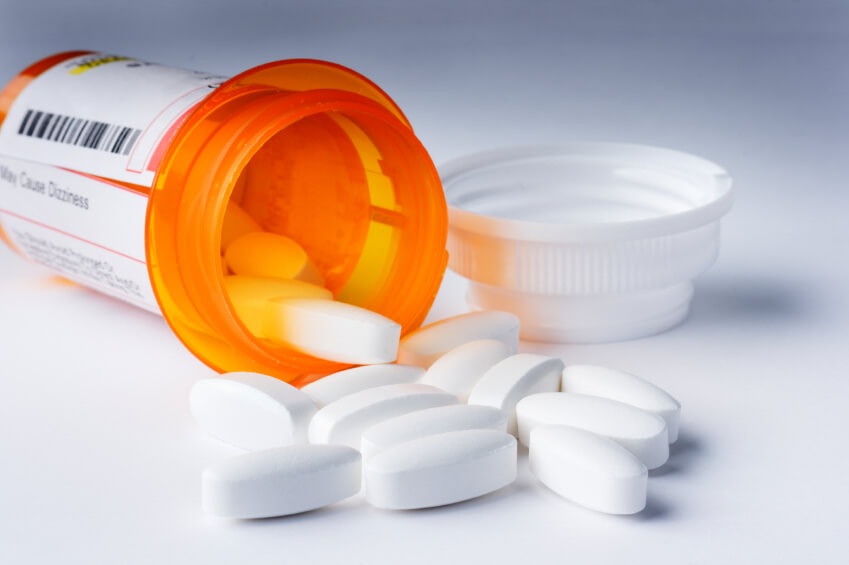
Testosterone Therapy
Testosterone is a hormone that is involved in maintaining sex drive, muscle mass, bone health and energy levels. However, it is common for testosterone levels to begin to decrease for all men as they age, and it is widely recognized that for most men this is completely natural and not something that requires medical treatment.

In recent years, the use of testosterone supplements and testosterone replacement treatments has increased substantially throughout the United States.
Recently, studies have shown that many men may face a increased risk of heart attack, stroke or wrongful death from testosterone treatments.
In November 2013, a study published in the Journal of the American Medical Association (JAMA) suggested that men with certain heart problems may be 29% more likely to die, suffer a heart attack or stroke on testosterone therapy.
These findings come after long concerns about the heart risks of testosterone replacement therapy. In 2009, researchers halted a study that was funded by the National Institutes of Health due to the testosterone treatment heart attack risk. If you’ve taken any type of testosterone supplement and suffered a heart attack or stroke shortly after, contact us and learn your rights.
Testosterone Therapy Risks
Men who take testosterone drugs are at increased risk of stroke and heart attack , according to a recent study. One testosterone drug, Androgel, warns on its label a number of testosterone side effects including high blood pressure, blood clots in the legs, and “serious problems” for people who have heart, kidney or liver disease.
Other lowstosterone replacement therapy lawsuits are being reviewed against the makers of:
– AndroGel: One of the most widely used testosterone treatments, which is a spray gel applied to the shoulder or upper arms. Since it was first introduced in 2000, it has been aggressively marketed by AbbVie in direct-to-consumer advertisements for treatment of “Low T”.
– AndroDerm: A testosterone patch introduced in 1995 by Actavis, which is warn on the skin.
– Axiron: A testosterone gel introduced by Eli Lilly in 2010, which is applied to the armpits in a manner similar to deodorant.
– Bio-T Gel: A once-daily testosterone treatment gel that was approved in February 2012, but is not widely used.
– Delatestryl: A testosterone injection treatment introduced by Endo Pharmaceuticals in 2008, which is injected into the buttock muscle usually every 1 to 4 weeks.
– Depo-Testosterone: Injection testosterone replacement therapy that was introduced by Pfizer in 2006, and is not available as a generic testosterone shot.
– Foresta: A testosterone spray gel that is applied to the thigh daily, which was introduced by Endo Pharmaceuticals in December 2010.
– Testim: A gel treatment for testosterone replacement that is applied to the shoulders daily. It was introduced in 2002 by Auxilium and is widely used.
– Testopel: A testosterone pellet that was first introduced in 1972 and is sold by Auxilium. The testosterone implant is placed under the skin, releasing testosterone over a period of 3 to 6 months.
– Striant: A testosterone supplement sold by Auxilium that adheres to the gums and is placed twice daily.

Passionate. Caring. Tenacious. That’s what we are at Injury Justice.
Our attorneys are leading experts in injury law who work tirelessly to help their clients throughout the United States. They have assisted more than 85,000 Americans and strive to ensure that those who suffer from a devastating injury can put their lives back together. Let us help you today.